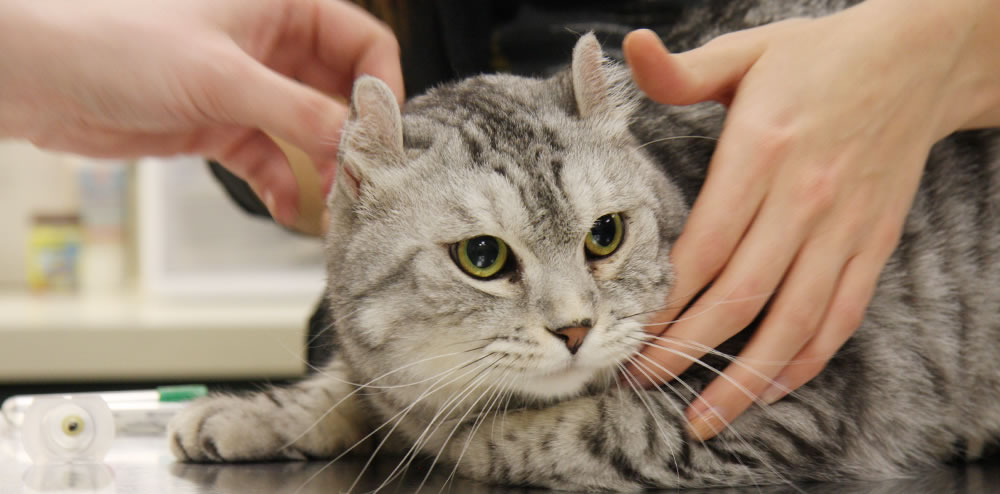 We suggest the following tips to make your appointment go smoothly:
We suggest the following tips to make your appointment go smoothly:
Take a few moments before your appointment to jot down what you regard as your most significant concerns about your pet. Consider how long any problems have been going on, what medications or changes in diet have been tried, whether any previous treatments have helped, and whether there has been any changes in weight, drinking habits or urinary or bowel habits.
Unless told otherwise, don’t feed your pet the morning of the appointment. If your pet is very young or has diabetes or low blood sugar, please ask your own veterinarian if this is appropriate.
Don’t allow your pet to urinate before coming into the building. Usually, we will want to collect a urine sample for evaluation.
It is often helpful if your veterinarian speaks with one of our clinicians prior to your appointment. Either way, bring copies of medical records, laboratory tests and X-rays with you. We will even want to know about heartworm prevention and what types of vaccines have been given and when.
Bring all medications your pet is taking with you, or at least bring a list of the drug names and dosages to your appointment.
Please be aware that we are a teaching hospital, and appointments will take longer than they do with your regular veterinarian. You will speak first to a veterinary student who will ask you questions and examine your pet. The student will then leave the room to discuss your pet with one of the veterinarians (clinicians) on our Internal Medicine Service. The clinician will then come into the exam room with the student, and we will repeat the examination of your pet, discuss our plans and provide you with an estimate of costs.
Please know that procedures that require anesthesia (such as endoscopy, bronchoscopy and certain biopsies) are rarely done the day of the initial appointment.
Complicated problems often require an extensive evaluation. It is common that it may take several days, or even longer, to reach a diagnosis. If you are coming from out of town, consider how you will handle arrangements for yourself if your pet needs to spend the night.



